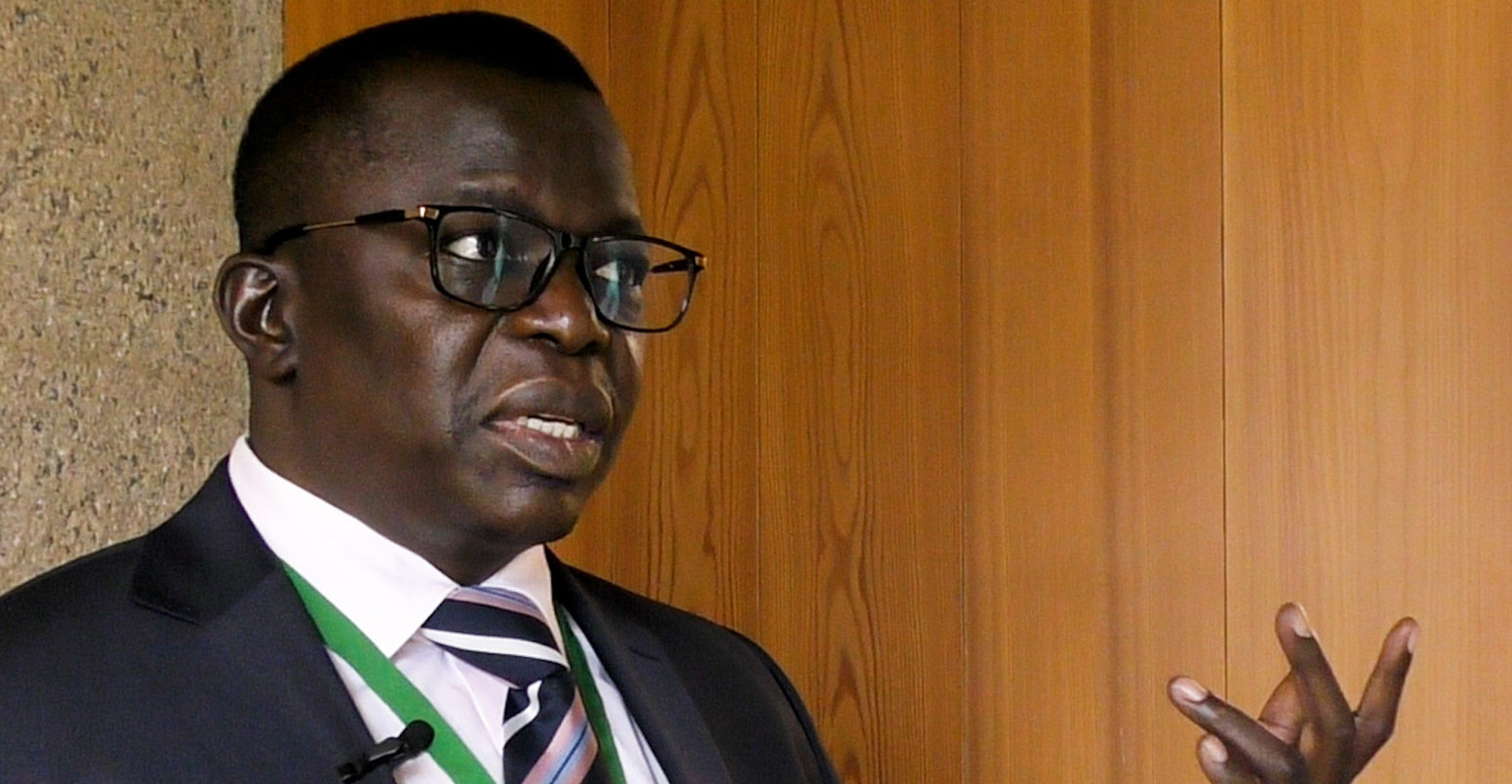
Video: Why does nature loss receive less international attention than climate change?
Daisy Dunne
06.21.22Daisy Dunne
21.06.2022 | 11:06amHumans are having an unprecedented and unparalleled impact on the natural world.
Around 70% of land and 87% of the ocean have been “significantly altered” by humans. Food production for humans takes up to half of the planet’s habitable surface.
Because of humans, one million animal and plant species now face extinction, many within decades.
And threats to the world’s species – relied upon by billions for food, water and other ecosystem services – are only set to worsen with climate change, which is expected to overtake land conversion to become the biggest threat to biodiversity this century.
As Carbon Brief recently reported in an in-depth explainer, a growing field of research shows that climate change and biodiversity loss are deeply connected, sharing common drivers and – in some cases – possible solutions.
However, climate change and biodiversity loss are currently addressed at separate UN summits, with the next climate talks, COP27, taking place in Egypt in November and the next biodiversity talks, COP15, taking place in Montreal, Canada in December.
The UN biodiversity talks have historically received less international attention than their climate counterparts.
For example, biodiversity summits are less well attended by world leaders and the media, and funds to tackle the issue mulled by negotiators tend to be “in the millions rather than the billions”, one expert in UN summits told Carbon Brief.
In the video below, recorded at preparatory talks for COP15 held in Geneva in March, a range of stakeholders, from UN representatives to activists, explain why they think biodiversity loss receives less international attention than climate change.
Video by Joe Goodman for Carbon Brief.The video features:
- Elizabeth Maruma Mrema, chief executive of the Convention on Biological Diversity.
- Ogwal Francis, co-chair for the Convention of Biological Diversity’s Open-Ended Working Group for a post-2020 global biodiversity framework.
- Lina Barrera, vice president of international policy, Conservation International.
- Oscar Soria, campaign director at Avaaz.
- Linda Krueger, director of biodiversity and infrastructure policy, the Nature Conservancy.
- Basile van Havre, co-chair for the Convention on Biological Diversity’s Open-Ended Working Group for a post-2020 global biodiversity framework.
- Georgina Chandler, senior international policy officer, RSPB.
-
Video: Why does nature loss receive less international attention than climate change?

